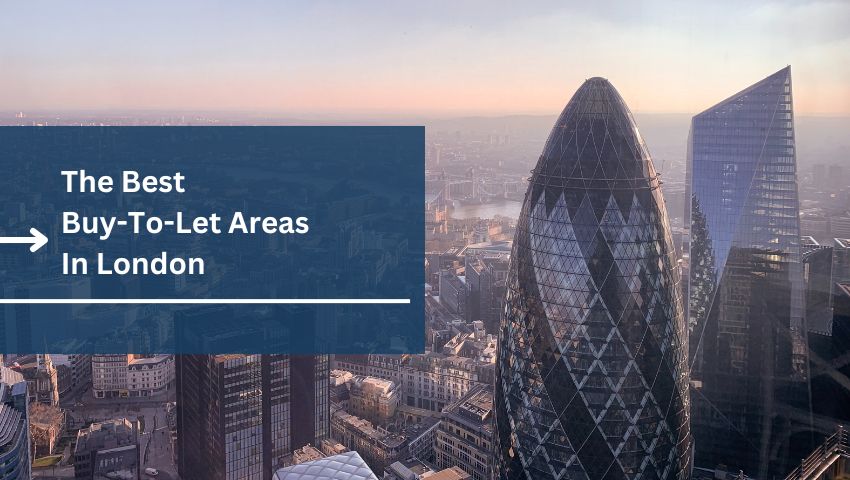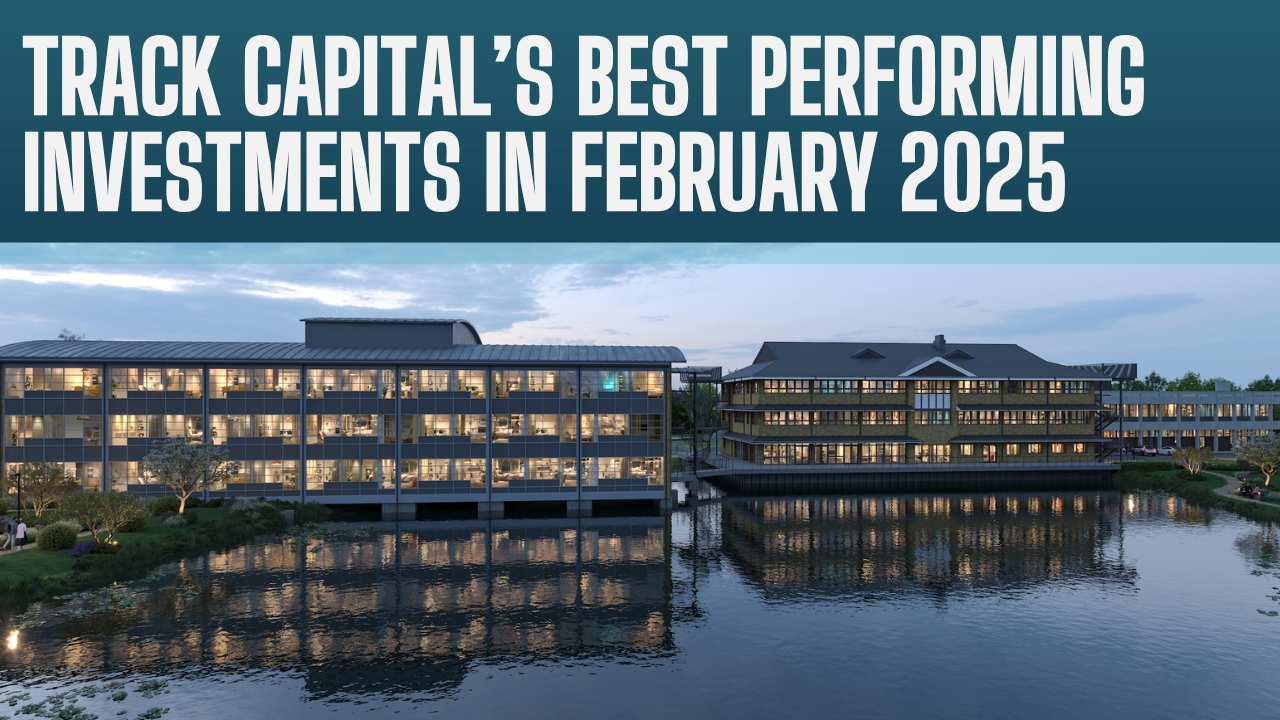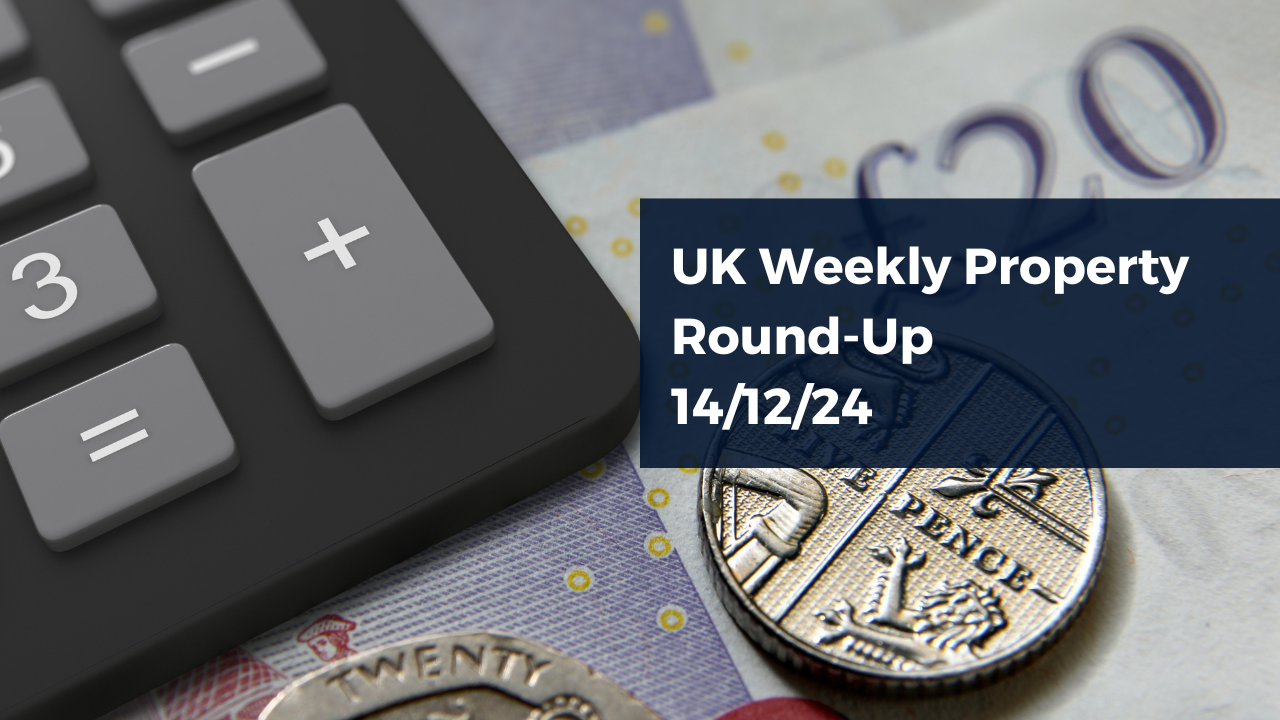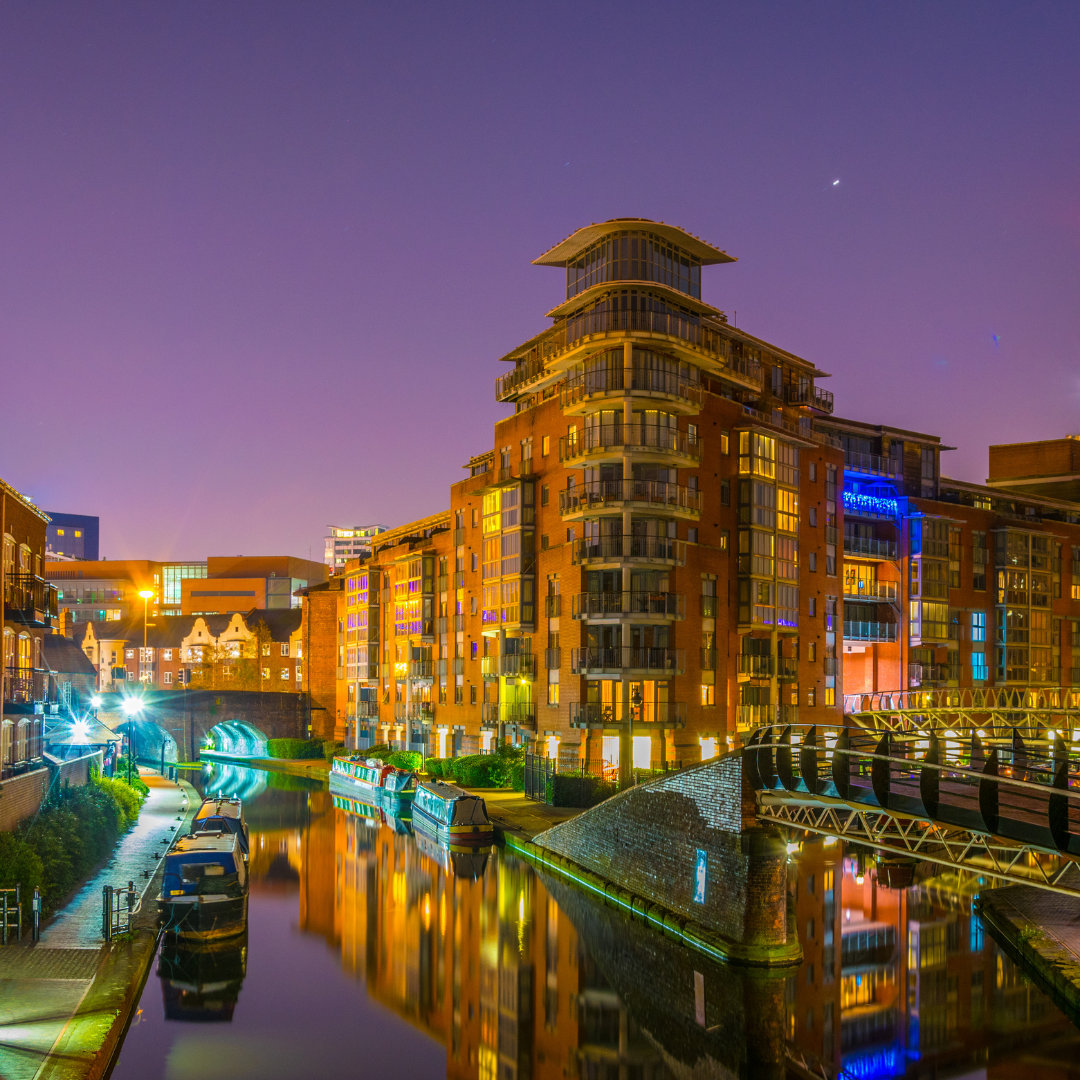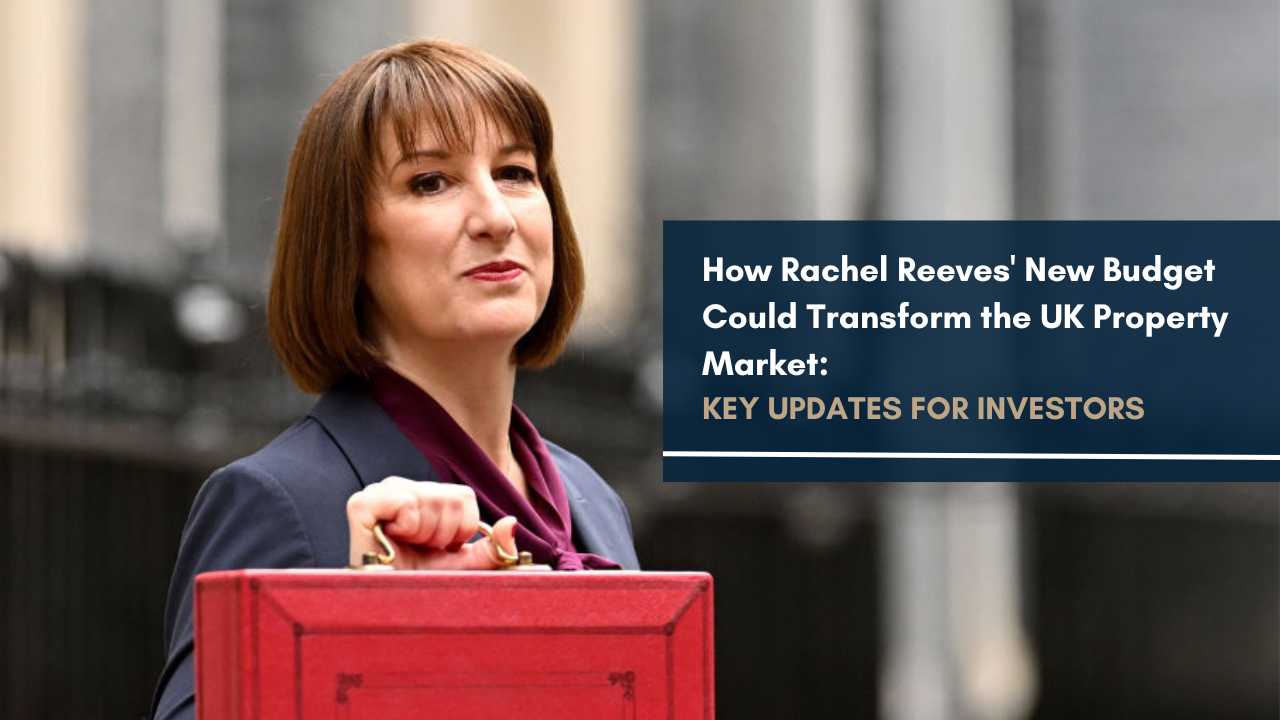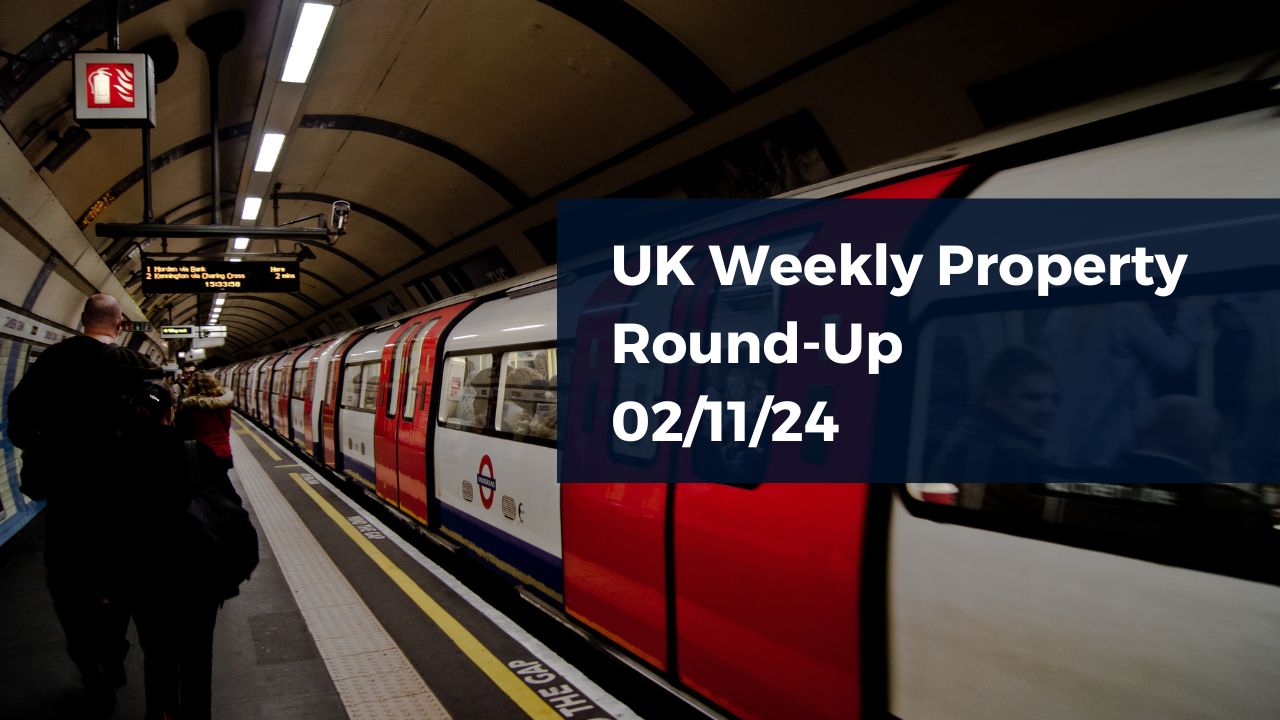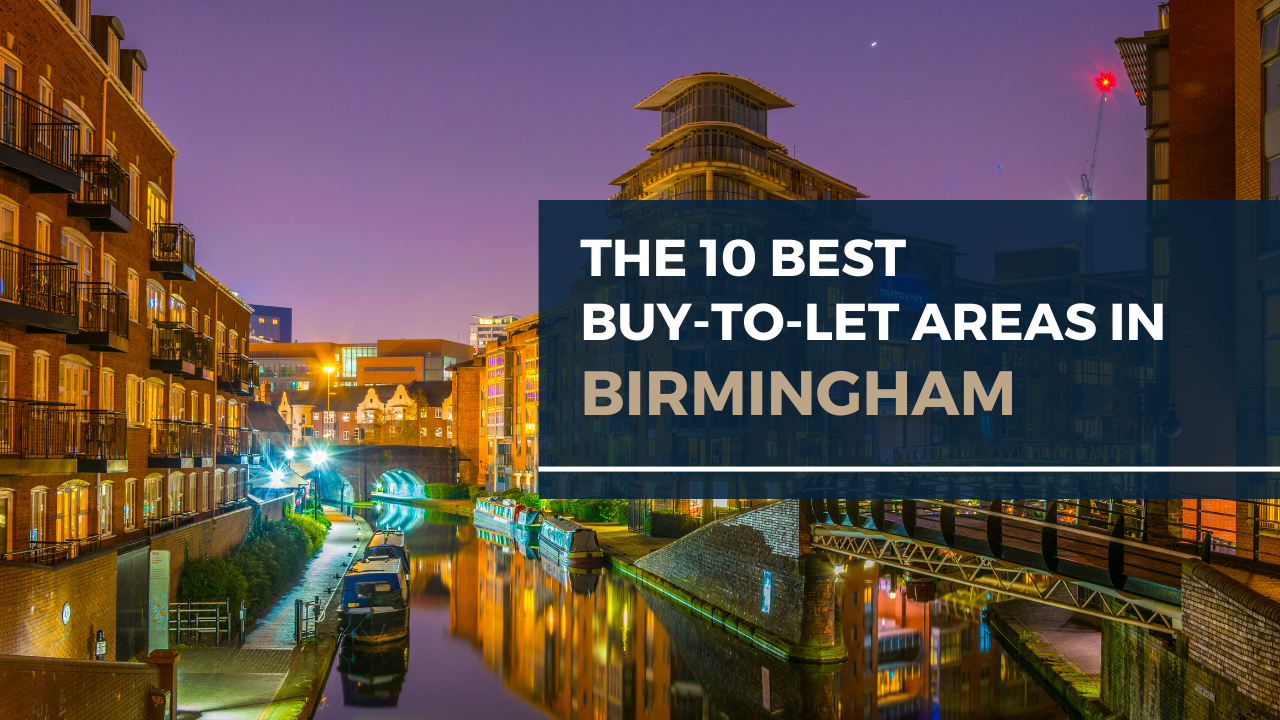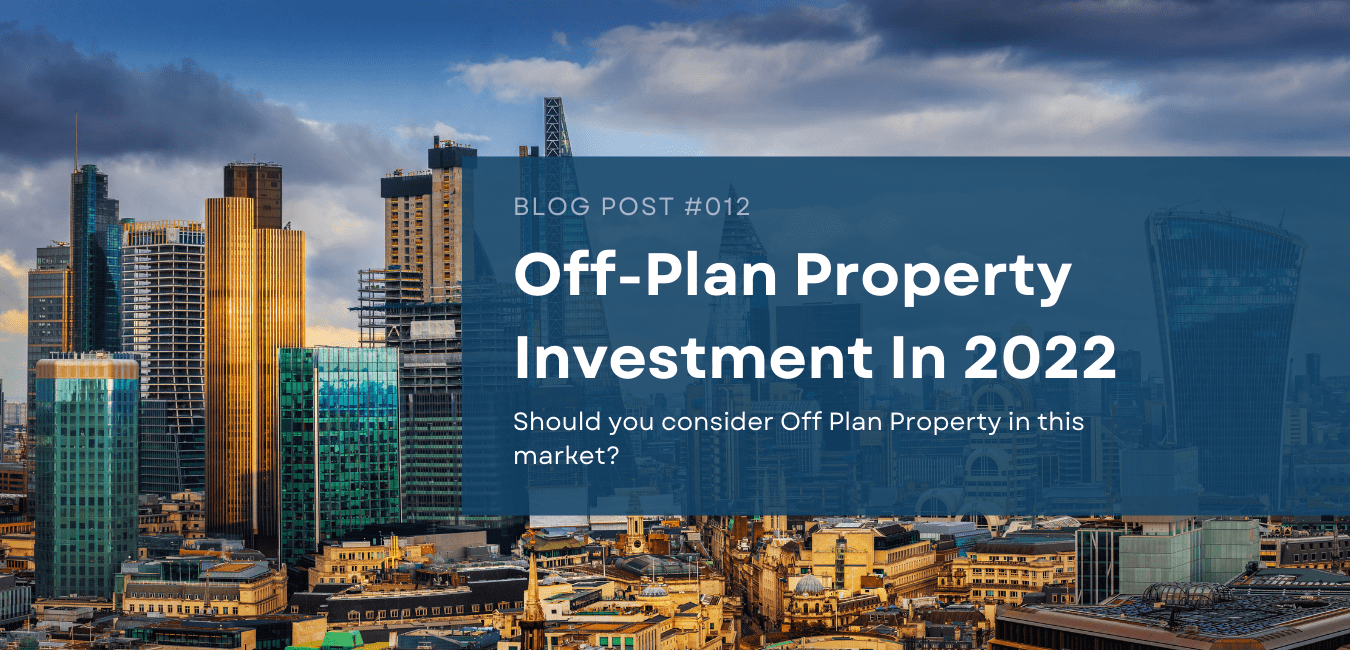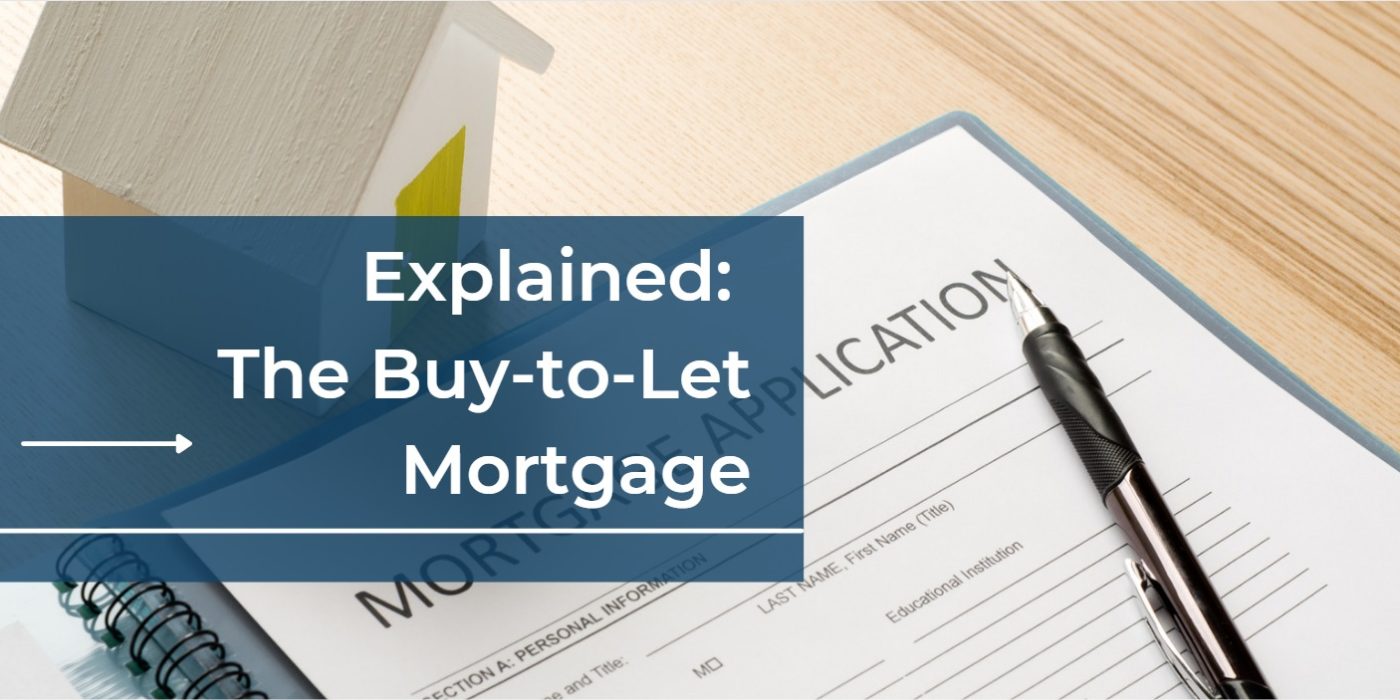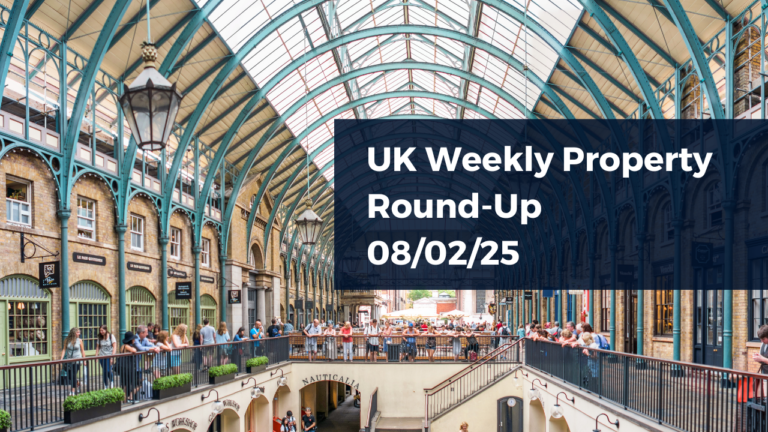If you’re looking for a new investment opportunity, then a buy-to-let property in London may be the way to go. But with so many areas of the city to choose from, it can be difficult to know where is the best place to make your investment.
But first, there’s a question of whether London is the right location at all.
The property market in the capital has grown exponentially over the past decade. According to the UK House Price Index, the average house price in London has increased from £355,830 to £511,636 over the last 10 years (January 2014 to January 2024). That would put the average London property out of reach for most investors, given the majority have a budget of around £50,000 to use as a deposit and most buy-to-let mortgages require a 75% loan-to-value (LTV) ratio.
Plus, even though rental prices have grown in the last ten years, the high purchase price of a property in London means it can be difficult to achieve a solid, profitable rental yield – a key consideration for any buy-to-let investor.
And Savill’s regional forecasts predict a slower rate of house price growth in London over the next 5 years than anywhere else in the country.
Of course, this doesn’t mean London is a bad choice. After all, even a small percentage increase in house prices in London can result in a substantial amount of raw monetary value. Other areas across the country simply have more scope for bigger percentage increases given their lower starting position.
Moreover, London leads the way in terms of rental price growth, as graduates and young professionals continue to flock to the capital.
So, with rental demand set to soar, we’ve written this guide. Read on to browse our available BTL opportunities, find out more about the capital’s property market, and discover the top 10 areas for a buy-to-let in London.
Available Buy-To-Let Properties In London
The 10 Best Buy-To-Let Areas In London
When it comes to London property, there’s often lots of hype. Certain areas are quickly touted as hotspots or the next big thing, without much evidence.
In this report, we want to cut through the noise and leverage industry data for an objective analysis. Our research shows there are still pockets of the city that deliver strong rental yields, meaning careful, smart choices by investors can generate excellent returns.
We’ve scored each postcode district in London on two factors, rental yield and price growth. The best buy-to-let opportunities offer a balance of both factors, so we’ve used a simple system to calculate the best spots:
- Rental yield is the annual rental income as a percentage of a property’s value. Yield is key to profitability, as the higher the yield, the more likely it is that the monthly rental income covers all costs with room to spare. The postcode with the highest average yield receives 119 points (as there are 119 postcodes in our research). The second-best receives 118 points. And so on.
- Price growth is the change in average asking prices over the past five years. While past performance is no guarantee of future growth, it is nonetheless a useful indicator. The postcode with the highest growth over the last five years receives 119 points. The second-best receives 118 points. And so on.
We then weighted the results by doubling the rental yield scores. This boosts postcodes with higher average yields, an important factor for a buy-to-let investor. It also helps to push down London’s most expensive areas, making this research more applicable to investors with a wide range of budgets.
Finally, the points were added together to calculate a final score.
Now, without further ado, here are the top 10 buy-to-let areas in London:
| Postcode | Area | Avg asking price | 5yr Price Growth | Avg Rental Yield | Total Score |
|---|---|---|---|---|---|
| E6 | East Ham | £413,767 | 22% | 6.0% | 349 |
| SE2 | Abbey Wood | £400,871 | 18% | 5.8% | 331 |
| SE28 | Thamesmead | £357,648 | 12% | 5.9% | 315 |
| E9 | Hackney, Homerton | £522,027 | 16% | 5.5% | 312 |
| N17 | Tottenham | £459,098 | 10% | 5.8% | 299 |
| N19 | Upper Holloway, Archway | £573,891 | 27% | 5.0% | 299 |
| E2 | Bethnal Green, Shoreditch | £558,045 | 13% | 5.4% | 298 |
| SE21 | Dulwich | £572,598 | 17% | 5.2% | 298 |
| E15 | Stratford, West Ham | £464,190 | 6% | 5.8% | 289 |
| E13 | Plaistow, Upton Park | £405,277 | 7% | 5.7% | 285 |
Our data shows that the best buy-to-let area in London is E6, covering East Ham. Interestingly, this result is part of a wider trend – the top 10 is dominated by areas in the East and South East (plus a healthy sprinkling of North London postcodes).
How come?
Compared to other parts of London, many areas in the table above are historically poorer neighbourhoods. They’re in a transition process as extensive regeneration projects revive and boost the local communities.
While average prices have increased substantially over the past five years, properties in these postcodes still tend to be far more affordable than other areas in London – note how six out of the top 10 fall well under London’s average of £511,636.
More importantly, rents are more proportionate to these prices, resulting in better yields than other parts of the city.
Now, let’s take a closer look at each postcode.
E6 – East Ham
If you’re a property investor focusing on London, the E6 postcode, covering East Ham, offers the best value for money according to our data.
While it isn’t the cheapest in the top 10, prices average out at a very reasonable (for London) sum of £413,767.
But what makes this the undisputed top choice is the combination of exceptional price growth (22%, the best in the top 10) and an average rental yield of 6% – that’s the strongest in all of London except for nearby E3 (covering Bow), which didn’t make the top 10 due to poor price growth.
East Ham is on the rise, along with much of the Newham borough, with a range of regeneration projects either finished, in progress, or in the pipeline. And that’s led to a proliferation of interest from renters, especially those looking for a balance between affordability and location (East Ham is .
Overall, E6 represents an excellent choice for a buy-to-let in London.
E6 by the numbers:
- Average asking price – £413,767
- Average rental price – £2,055
- Average annual income from rent – £24,660
- Average rental yield – 6.0%
- Five-year property price growth – 22%
SE2 – Abbey Wood
Abbey Wood is a primarily resident area on the southeastern outskirts of London. It’s a lovely area with a tonne of green space (it’s considered almost semi-rural by locals).
However, the real draw is the connection to central London. Abbey Wood is the last stop on the new Elizabeth Line, open as of May 2022. As a result, the area now draws in tenants, particularly families, who benefit from lower rental prices, but an easy commute or access to other parts of London. For example, Abbey Wood to Heathrow used to take over 90 mins, whereas it now takes 50.
House prices around the new Elizabeth Line stations have all benefitted, and Abbey Wood is no different with an 18% increase over the past five years.
SE2 by the numbers:
- Average asking price – £400,871
- Average rental price – £1,926
- Average annual income from rent – £23,112
- Average rental yield – 5.8%
- Five-year property price growth – 18%
SE28 – Thamesmead, Woolwich
There are many reasons to consider a buy-to-let in SE28. Primarily covering Thamesmead but stretching across to Woolwich.
Firstly, it borders along the northern edge of SE2 (see above) so there are excellent links to central London. Elizabeth Line stations at both Abbey Wood and Woolwich make it a convenient place to live or work. Nonetheless, with a riverside spot towards the outer reaches of London’s southeast, it’s easy for residents to escape the city at the weekend and head into Kent – a major attraction for families.
Most notably though, SE28 offers one of the strongest yields of any postcode in the capital according to our data. Combine that with a very affordable average asking price that has shown clear evidence of strong improvements in the past five years (+12%), and it may be the perfect time to enter the local market as an investor.
SE28 by the numbers:
- Average asking price – £357,648
- Average rental price – £1,763
- Average annual income from rent – £21,156
- Average rental yield – 5.9%
- Five-year property price growth – 12%
E9 – Hackney and Homerton
Over the last decade, East London has quietly developed a reputation for its delicious, artsy cafes, creative cultural scenes, and all-round desirability. Hackney, and neighbouring areas like Dalston and Shoreditch, are leading lights. The Michelin Guide even published a “hipster” travel guide for the area.
So it’s no surprise that E9, covering Hackney and Homerton, makes the top 10 as one of the best spots for a buy-to-let in London. Demand for property, especially amongst younger tenants in their 20s and 30s, is through the roof – pushing house prices up (a strong 16% in the last five years).
Ultimately, that’s what makes a great spot for a London buy-to-let – there will never be a shortage of tenants. The aforementioned creativity and hipster food spots combine with excellent transport links and green spaces, like the ever-popular Victoria Park, to create a thriving corner of the capital.
All in all, with its mix of traditional terraced houses and modern apartments, London’s E9 postcode is an ideal place to invest in a buy-to-let.
E9 by the numbers:
- Average asking price – £522,027
- Average rental price – £2,392
- Average annual income from rent – £28,704
- Average rental yield – 5.5%
- Five-year property price growth – 16%
N17 – Tottenham
Historically, N17 is one of London’s most deprived areas. But things are changing.
In 2019, Tottenham Hotspur Football Club opened their new stadium. Heralded as one of the UK’s finest and most modern stadiums, it serves as a focal point for far more than just football. Each year, the ground hosts NFL games, high-profile boxing fights, rugby matches, and concerts. All in all, it brings over 2 million visitors to the area, generating hundreds of millions for the local economy.
It’s not all about the stadium, either. The region is making huge strides forward, with a variety of regeneration projects planned. For example, there’s a £6bn council-led regeneration project, named Meridian Water, that will bring 10,000 new homes to the area. There’s also a £850m project to redevelop Joyce Avenue and Snell’s Park.
Furthermore, the wider borough, Haringey, set to be named the London Borough of Culture for 2027.
It’s an exciting time to be in North London, and buy-to-let investors should be paying close attention.
N17 by the numbers:
- Average asking price – £459,098
- Average rental price – £2,212
- Average annual income from rent – £26,544
- Average rental yield – 5.8%
- Five-year property price growth – 10%
N19 – Upper Holloway, Archway
N19, covering Upper Holloway and Archway, is a few miles southwest of Tottenham, close to Finsbury Park.
Similarly, it’s an area undergoing a serious transformation, but it’s likely the proximity to Camden Town that’s driven a huge 27% increase in property values over the past five years. With a near 24/7 buzz of music, nightlife, and counterculture, Camden is a huge draw for locals and tourists alike.
But with property prices and rents around the world-famous Camden Market sky-rocketing, renters and buyers are turning to nearby neighbourhoods – close enough to be part of the action, but with more reasonable prices.
N19, and Archway in particular, is one such spot. A residential area, popular with young professionals and families, it’s just three underground stops from Camden.
N19 by the numbers:
- Average asking price – £573,891
- Average rental price – £2,381
- Average annual income from rent – £28,572
- Average rental yield – 5%
- Five-year property price growth – 27%
E2 – Bethnal Green, Shoreditch
We mentioned earlier that East London, particularly around Hackney, has become an in-demand hotspot. Well, Bethnal Green and Shoreditch are very much part of that movement.
As such, E2, which covers parts of both, is well set for those wanting to be in the thick of East London’s action. It’s home to markets, coffee roasters, sleek wine and cocktail bars, exceptional food, and more (check out the Lonely Planet’s detailed guide to the area).
The postcode has strong credentials for buy-to-let investors, too, according to our data – with a very solid 5.4% average yield and capital appreciation of 13% in the last five years.
E2 by the numbers:
- Average asking price – £558,045
- Average rental price – £2,499
- Average annual income from rent – £29,988
- Average rental yield – 5.4%
- Five-year property price growth – 13%
SE21 – Dulwich
SE21, covering Dulwich, is one of the most attractive areas in South London for those seeking a balance between a village-like atmosphere and easy access to the city. Known for its leafy streets, independent cafes, and cultural hubs such as the Dulwich Picture Gallery, it’s a prime area for families and professionals who want a quieter, more suburban feel without compromising on proximity to central London.
The property market in SE21 has performed really well. While the average asking price of £572,598 is on the higher side compared to other areas in this list, it’s grown by 17% in five years, and the area’s unique charm and excellent schools, including Dulwich College, make it a highly desirable location. This demand ensures consistent rental interest, reflected in an average yield of 5.2%.
SE21 by the numbers:
- Average asking price – £572,598
- Average rental price – £2,499
- Average annual income from rent – £29,988
- Average rental yield – 5.2%
- Five-year property price growth – 17%
E15 – Stratford, West Ham
E15, which encompasses Stratford and West Ham, is another area that has been transformed in recent years, especially since the 2012 Olympics.
It has become a hotspot for development, and the area continues to attract a mix of young professionals and families drawn by its affordability (in comparison to central London), excellent transport links (including the DLR, Overground, and Elizabeth Line), and abundance of amenities.
The average asking price in E15 stands at £464,190, which is a solid option for those seeking a buy-to-let investment in a growing area. Though price growth has been modest at 6% over the past five years, the area’s rental market remains strong, with an average rental yield of 5.8%, making it a promising choice.
E15 by the numbers:
- Average asking price – £464,190
- Average rental price – £2,236
- Average annual income from rent – £26,832
- Average rental yield – 5.8%
- Five-year property price growth – 6%
E13 – Plaistow and Upton Park
Rounding out our top 10 is E13, home to Plaistow and Upton Park. E13 actually neighbours top-of-the-table E6, highlighting the strength of the area.
In fact, this section of East London, plus nearby Stratford and West Ham, are some of the most up-and-coming, sought-after areas in the city. These once-neglected neighbourhoods are thriving with new businesses, restaurants, and residential developments thanks to several regeneration projects. As a result, property prices in the area have sharply increased in recent years, with E13 up 7% in the last five years. Even so, there’s still an opportunity for savvy investors to purchase while prices are still at a relatively affordable average of just £405,277 – one of the lowest in the top 10.
The lower purchase prices also provide plenty of scope for solid yields, and the average of 5.7% across E13 suggests that investors would achieve excellent profitability – not something that can be said for much of London.
E13 by the numbers:
- Average asking price – £405,277
- Average rental price – £1,933
- Average annual income from rent – £23,196
- Average rental yield – 5.7%
- Five-year property price growth – 7%
Summary
If you know where to look, there is value to be found all over London for a buy-to-let investor. By using data to remove assumptions and conduct an objective analysis, you can identify some of the highest potential spots across the entire region – helping you steal a march on the market and generate even better returns long-term.
Please get in touch if you’d like to invest in a buy-to-let in London. We’re a property investment company with an office in Canary Wharf. And with decades of combined experience amongst our team, we know how to help you find and acquire a property that suits your budget and goals.
About the data
The data in this article accurately represents the London property market as of September 2024. We’ll update this report next year, in 2025, with fresh data.


